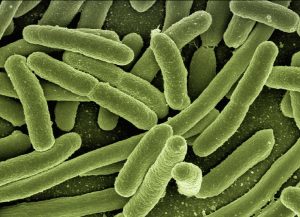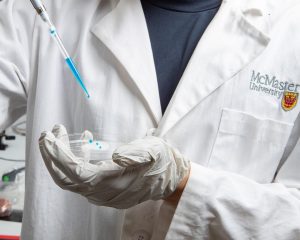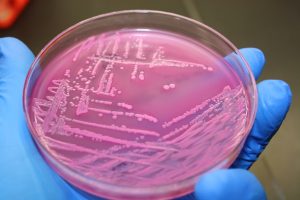Scientists discover how ‘superbug’ E. coli clones take over human gut
A "superbug" clone of E. coli has evolved to prevent itself from becoming so dominant that it...
Sinister blastocystis: a clandestine killer of good bacteria revealed
Since most of the microbes in our gut are bacteria, they tend to hog much of...
A self-cleaning surface that repels even the deadliest superbugs
A team of researchers at McMaster University has developed a self-cleaning surface that can repel all...
Researchers identify seasonal peaks for foodborne infections
Each year, thousands of pounds of food are wasted and billions of dollars in food sales...
E. coli gain edge by changing their diets in inflammatory bowel disease
What if you had to plan your outings based on how your stomach felt that day...


















